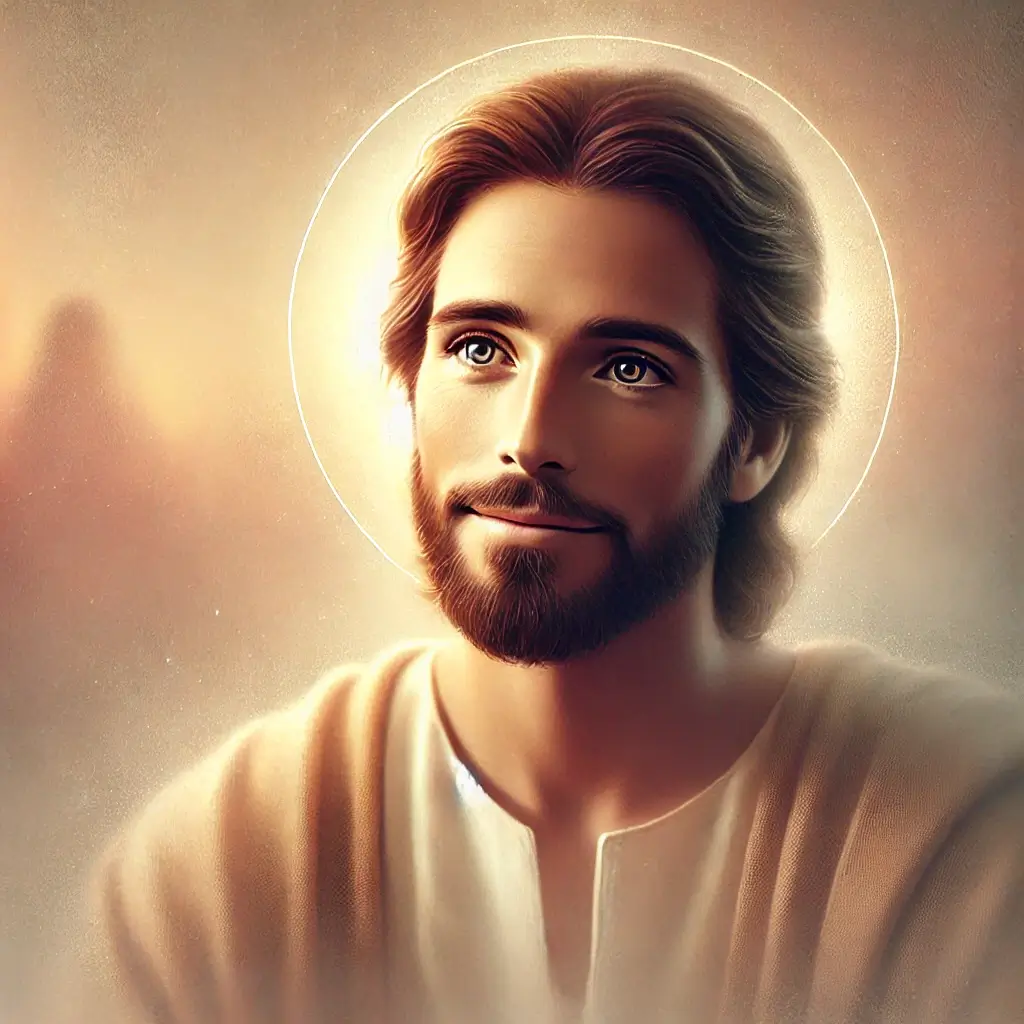
Jesus: I Speak to You Again
Chapter 35
My Good News
My life, as one of you and among you, was not devoted to shedding my blood or leaving behind a message that I redeemed your sins through my death. That is a great misunderstanding. Such a message does not reflect the love and mercy of the Creator, the Universal Father. It is a cruel distortion passed down through generations, which has caused unnecessary suffering.
I am indeed the Christ, the Jesus of Nazareth who endured that cruel and tormenting death on the cross. However, my good news—the message I carried to my brothers and sisters—was not about my death. It was the message I preached while I walked through Galilee and Judea, and even beyond the Mediterranean lands. This was the living message I shared when I was not hanging on a cross, but instead living among you, bringing the good news that should remain in your hearts. My message was meant to release the spiritual vibrations of your soul so that they could unite with the spiritual light of the Creator—the Father, who constantly sends His love to each of us. At that time, there was no cross, and I spoke nothing about sin redemption. No one had any idea that I would later be so cruelly tortured to death while thousands listened to my message of hope and joy, the living message of a living Jesus.
When thousands gathered to hear me, when they believed in the good news I shared, none of them called me Christ. They rejoiced in the good news I brought to them—the good news that had the power to save each one of them. It was not my death on the cross that could save them; it was the good news that I had been proclaiming for years. This was the good news that would bring salvation: the Fatherhood of God and the brotherhood of all people. That message, not my crucifixion, was my legacy.
As I saw people receive this good news with hope and trust, finding comfort and strength in it, I knew that I needed to train disciples who would continue to preach this message after my departure from this world. I understood that they would not be able to see or hear me in human form after I was gone, but they could carry on my message.
I was fully aware of my impending death. But I did not focus on it; my attention was on spreading the good news and preparing my disciples to continue that work fearlessly after I was gone. My good news was, and still is, the Fatherhood of God and the brotherhood of man. Some of you have even expanded this message, and rightly so, to the brotherhood of all creation.
Two thousand years ago, I could not preach about the brotherhood of all creation because humanity’s understanding of the universe was limited. Even today, many people still struggle to grasp the vastness of creation, though more are beginning to realize that Earth is not the only planet that harbors life. As more of your brothers and sisters expand their view of creation, they will begin to understand that life exists on other planets, in other forms—some similar to human life, others of a divine or spiritual nature.
I congratulate those of you who have already expanded my good news to include the brotherhood of all creation. When I was in human form, I had to adapt my teachings to the concepts of the time. My goal was to strengthen and correct the distorted beliefs that people held. Today, I cannot tell you everything either, as there are still things beyond your current understanding. Reality is far more complex and multifaceted than any of us can fully comprehend, even for me, though my origin is divine. I come directly from Deity, yet even I do not know everything. This partial unknowing drives us to keep seeking more, to continue growing, because reality is constantly being developed by the infinite and eternal Creator.
While I was on Earth, I expanded people’s spiritual consciousness very carefully. Even my good news was overwhelming for many. Yet, good-hearted people—the common and poor—listened sincerely to my message: that God the Father is one for all people, and all people are brothers and sisters. Whoever believes in this good news is accepted into the Father’s kingdom.
I often spoke of the Father of all and His vast family, but the Jews of my time could not accept that God’s family was open to both Jews and gentiles alike. The Jews found it difficult to see themselves as part of a single family with those they considered unbelievers. They believed that the gentiles were unworthy of attention or love, so I had to adapt my message for them.
I used the metaphor of the heavenly kingdom rather than teaching directly about the Father’s spiritual family. This compromise was necessary to reach a spiritually less developed people. I was somewhat disheartened by the need to dilute my teachings, but I knew that compromises were sometimes essential to guide people toward higher truths.